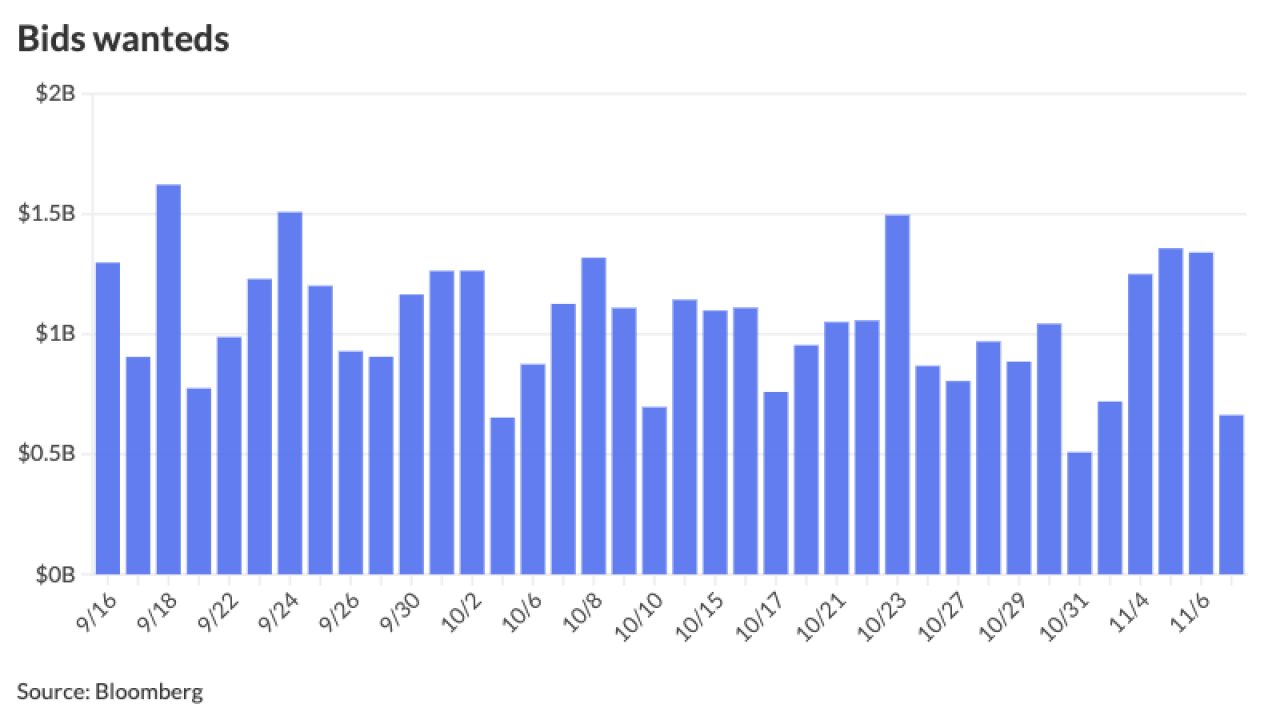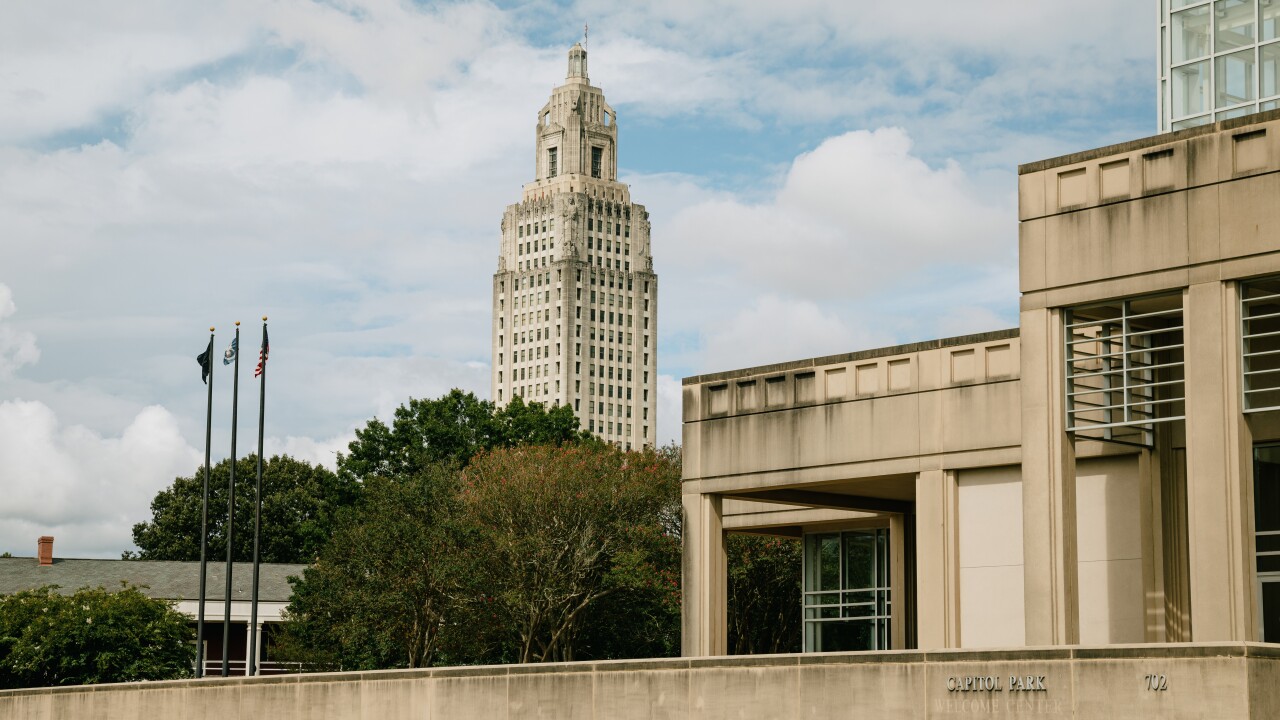PHOENIX - A bill defining readily tradeable, investment-grade municipal securities as high quality liquid assets under federal banking rules was unanimously approved by a voice vote of House committee members on Tuesday, and sources are optimistic that the time is right for it to become law.
The Municipal Finance Support Act of 2017, H.R. 1624, sponsored by Rep. Luke Messer, R-Ind., received overwhelming support from House Financial Services Committee members, who planned to provide a recorded vote later in the day. Sources said this is a common practice of the committee.
The bill is a response to rules adopted by the Federal Reserve Board, Office of the Comptroller of the Currency, and Federal Deposit Insurance Corp. in 2014. The rules require banks with at least $250 billion of total assets or consolidated on-balance sheet foreign exposures of at least $10 billion to have a high enough liquidity coverage ratio – the amount of HQLA to total net cash outflows – to deal with periods of financial stress. The regulators did not include munis as HQLA under the rule because they felt the securities were not liquid enough.
Muni market and local government groups have fought to get munis included. The Federal Reserve Board modified its rules to include some munis as HQLA, but the groups felt the Fed did not go far enough and said all of the bank regulators must modify their rules.
While the bill is co-sponsored by a number of Democrats and has extremely strong bipartisan support, the question remains whether it can move forward and become law. The bill was passed by the House in the previous Congress, but never moved forward in the Senate. Financial Services Committee members said it makes no sense that foreign debt, even some foreign muni debt, can be classified as HQLA while U.S. munis can’t.
“I believe in this bill, I think it’s very important,” Rep. Carolyn Maloney, D-N.Y., said before the vote. “This kind of arbitrary discrimination against municipalities cannot be allowed to continue.”
Committee chair Rep. Jeb Hensarling, R-Texas, complimented Messer’s determination on the issue, and Messer said he would work to make this year’s bill more successful than last year’s.
“This year we will be working to push this legislation all the way across the finish line,” Messer said.

Muni groups have pushed to include munis as HQLA because the rule may otherwise prevent banks from buying as many munis, potentially hurting the market.
But Rep. Maxine Waters, D- Calif., the committee’s ranking Democrat, said she is skeptical that the HQLA rules have negatively affected munis or that the bill would help more than perhaps a handful of big issuers like New York and California whose debt is traded often enough to be classified as liquid. But she said she nonetheless supports the bill because it offers a bipartisan solution to the problem, even if the problem might be small.
Lobbyists on the Hill told The Bond Buyer that the bill’s outlook might be sunnier this year.
As in previous years, I believe that there is still great support for this bill at state and local levels, said Justin Underwood, federal policy advisor at Bond Dealers of America. “However, what is different this time around is the current political environment, which has an appetite — at least for the moment — to tackle tough investment issues.”
A similar bill, S. 828, has been introduced in the Senate and is currently awaiting action by the Committee on Banking, Housing, and Urban Affairs.





